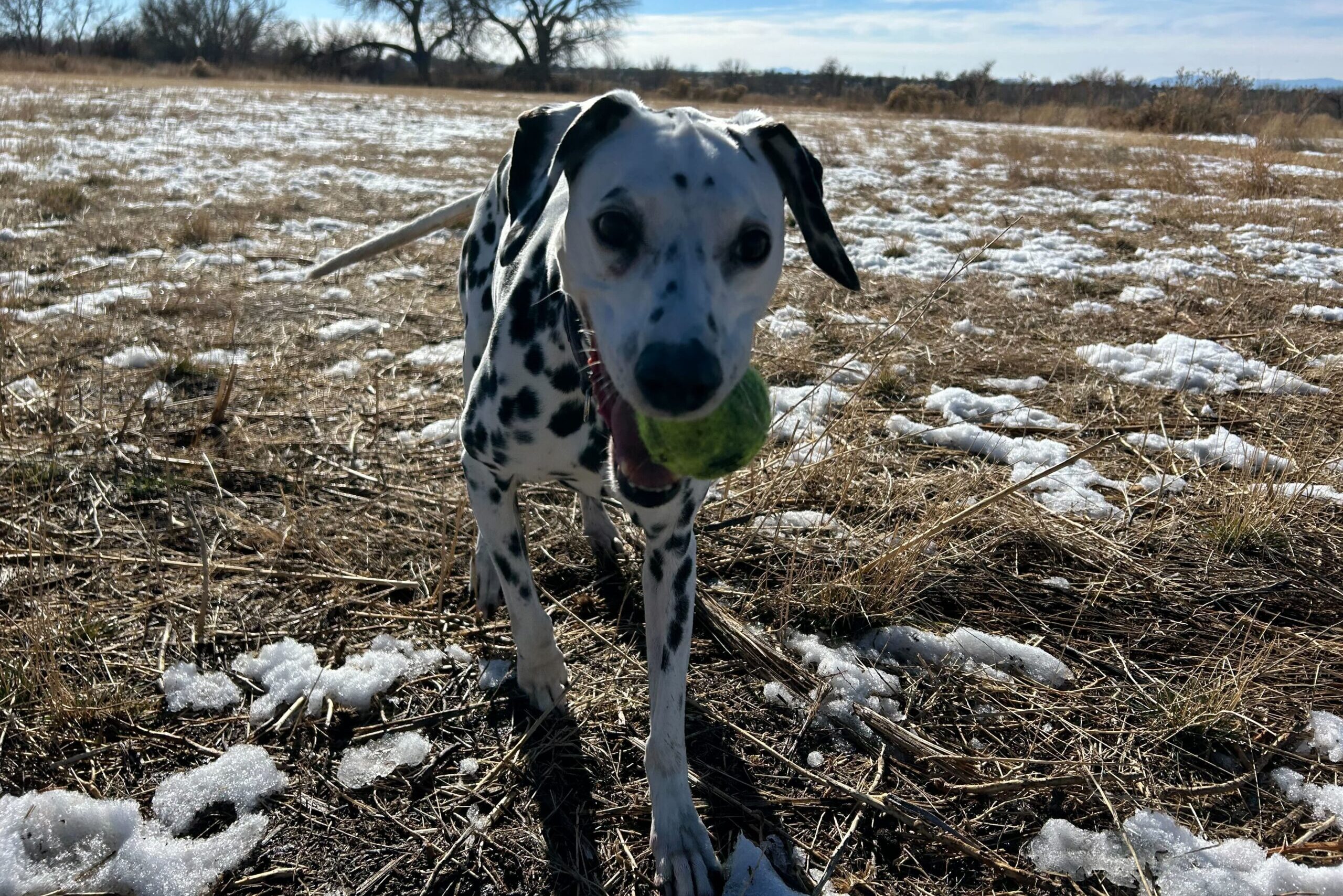
The spike in respiratory viruses among Colorado’s dogs appears to have dropped since it peaked in December 2023, according to Colorado State University veterinary researchers.
In early fall, veterinarians across Colorado started noticing more owners bringing their sick dogs into their clinics. Symptoms were similar to “kennel cough”, a common respiratory illness among dogs. However, some dogs would have a prolonged cough that lasted weeks to months, which occasionally progressed into severe illnesses like pneumonia. In many cases, infected dogs would have a minimal response to treatment.
CSU veterinary researchers have been conducting several studies to track the infections and their effects. The university said its researchers have seen a decrease in cases in January.
“Why that trend is occurring is unknown but may be related to our pets spending less time in social situations that might include ill dogs during the winter months,” said Dr. Michael Lappin, an internal medicine specialist and director of the Center for Companion Animal Studies at CSU.
It isn’t clear whether the spike over the fall was caused by a novel virus. Testing has been difficult, as dogs had to take a PCR test within 72 hours of the first onset of symptoms to look for a variety of known illnesses that affect dogs.
CSU researchers plan to release a study in February looking into the origins of the illnesses. Researchers will test samples collected in Fort Collins, Denver, Colorado Springs, and Grand Junction for signs of the 10 viruses or bacteria known to cause canine respiratory disease and whether those pathogens changed or if there are new causes.
Dog owners who want to learn more about canine respiratory illnesses and how to keep their pets safe are being invited to a webinar next Tuesday.









